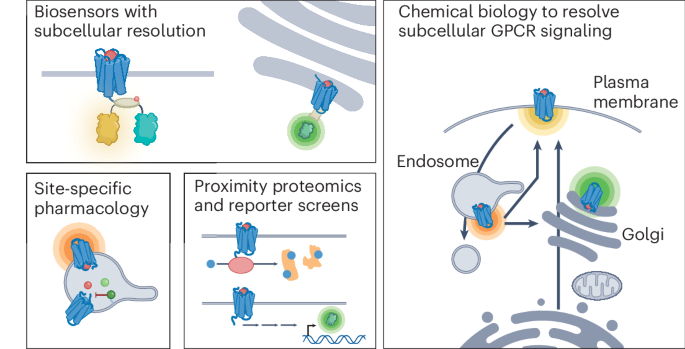Recent research published in the Journal of Clinical Investigation reveals that antithrombin-binding heparan sulfate (HSAT) may be a key factor in slowing the progression of pancreatic ductal adenocarcinoma, the most prevalent form of pancreatic cancer. This study, conducted by scientists at the Salk Institute and the University of California, San Diego, highlights HSAT’s role in tumor suppression and its potential as a therapeutic target.
Pancreatic cancer is notorious for its high mortality rate, primarily due to late-stage diagnosis and rapid metastasis. The findings suggest that HSAT is more abundant in pancreatic tissues than previously thought, particularly in early-stage tumors. Researchers observed that higher HSAT levels correlate with improved survival rates, indicating its protective role against cancer progression.
The study also indicates that HSAT could serve as a biomarker for monitoring pancreatic cancer, as it is detectable in plasma samples from patients. This dual potential—both as a therapeutic target and a diagnostic tool—could significantly impact future strategies for early detection and treatment of pancreatic cancer, ultimately aiming to improve patient outcomes.
Open the full market picture for your next decision →



